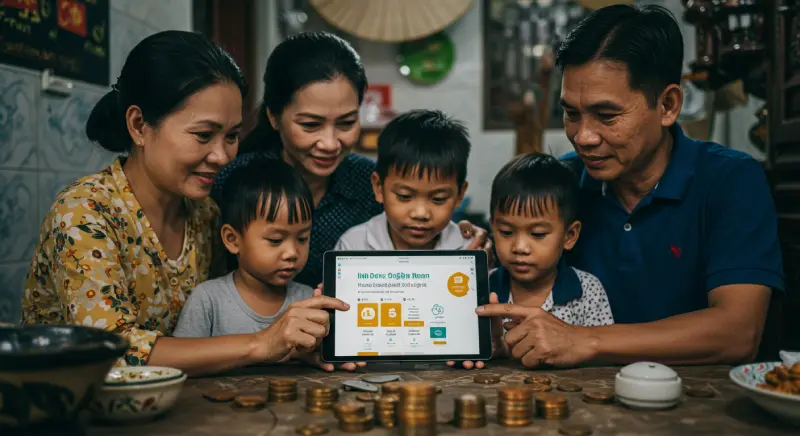The concept of monkey investment is not something typically associated with standard investment strategies or practices, either in Vietnam or elsewhere. It seems like there may be some confusion or misunderstanding around the term.

I can address what might be the core of your question by exploring a couple of potential avenues:
THE Truth
- Monkey Business or Exotic Animal Investment:
- In some parts of the world, people may invest in exotic animals, including monkeys, with the intent to breed them or use them in entertainment, tourism, or other industries. However, this is not a widespread or formal investment practice, and it is illegal or heavily regulated in many places due to ethical concerns and animal rights laws.
- In Vietnam, like many other countries, there are laws in place that regulate the ownership and trade of exotic animals, including monkeys. The practice of using monkeys as investment assets, in any formal sense, is not widespread or legal in the conventional financial markets.
- Metaphorical Use of “Monkey” in Investments:
- If you meant to ask about the use of “monkeys” in a metaphorical sense, this could be referring to a monkey business or risky investments, but this isn’t common as an official or serious investment strategy. In some cases, people might colloquially refer to speculative or high-risk investments as “monkey business,” though this is more of a slang term.
- Monkey Species and Conservation Investment:
- Another possible interpretation could involve conservation or wildlife protection investments, where funds or donations are raised to protect endangered species, including primates like monkeys. In this case, individuals or families might contribute financially to support conservation efforts, but this is more of a charitable investment rather than a financial return-driven investment.
Investment Trends in Vietnam
When it comes to investment trends in Vietnam, families typically focus on more traditional and regulated forms of investment, such as:
- Real Estate: Property investments remain a popular avenue, especially in rapidly urbanizing cities like Hanoi and Ho Chi Minh City.
- Stock Market: Investing in stocks, mutual funds, and government bonds through the Ho Chi Minh Stock Exchange (HOSE) is growing in popularity.
- Gold and Precious Metals: Many families in Vietnam traditionally invest in gold as a hedge against inflation.
- Business Ventures: Many entrepreneurs invest in small businesses, especially in agriculture, tourism, and local retail.
- Crypto Investments: In recent years, cryptocurrencies have attracted attention as an alternative investment, although it remains a relatively risky and speculative market in Vietnam.
Conclusion:
To answer your original question directly: There is no widespread or legitimate use of monkeys for investment purposes among families in Vietnam, either as a financial asset or a cultural practice. If you were referring to a specific cultural or local practice, it would be important to clarify that, as exotic animal trade is generally not viewed as a sustainable or ethical form of investment.

